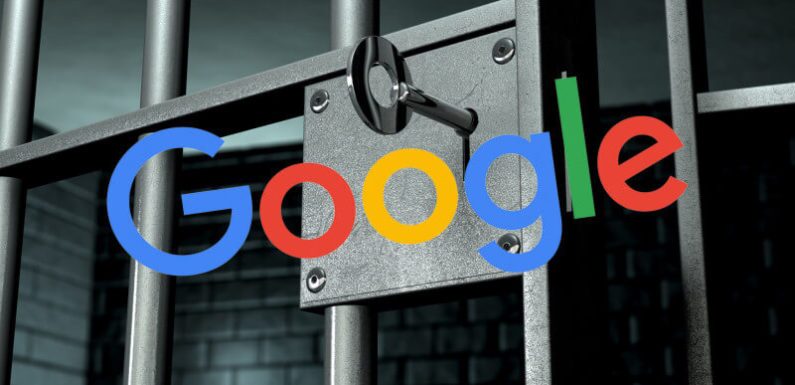
It has been widely accepted that if you want your website to gain any significant traffic and have an excellent traction on your conversion rate, you should know how to utilize search engine optimization (SEO for brevity).In this regard, a business website should ideally partner up with search engines to ensure that they come up on relevant searches. With the biggest juggernaut of the game being Google, it would be no wonder for most websites to optimize their website for Google’s search algorithms.
Unfortunately, many of them make the error of trying to trick Google instead of working with them which could lead to potentially detrimental results.Today, Google is on an unrelenting mission of providing its users access ONLY to the most accurate information.
This would invariably include unique content coming only from the finest writers. As the most prominent search engine utilized by users across the globe, it is only understandable for Google to consistently refine their algorithms. By giving apt exposure to the best of the web and the ones who deserve it, Google has maintained its number 1 spot as the world’s leading search engine.
Whether you are working on a company for SEO in the Philippines or elsewhere, it is paramount that you recognize what practices are rewarded by Google and which ones would be penalized. When Google takes issue with your website, it will inevitably penalize it prompting you to remedy it. However, it might be best if you have an awareness of what you might be doing wrong and why Google is penalizing you for it.
So, why has Googled penalized your site? It might be that you are doing any of the things listed below:
Excessive reciprocal links
Back in the day, swapping links was once considered a legitimate marketing tactic. Unfortunately, much like anything that guarantees results, it was not long before it started to get abused. If one of your practices involves exchanging a lot of links with your clients, then it might be taken as a manipulation attempt by Google.
Duplicate Content
This one should be obvious enough. As the article has stated above, Google values only those websites that have relevant, unique and compelling content. However, this should not be taken to mean that you should copy and paste every riveting article you come across online to your website. Remember, duplicate content will easily be regarded as useless by Google and would result to a penalty. Make sure your content is well-written and original as well.
Links from other sites in another language
If you though this was unfair, so did we. You have a legitimate link from a client in another country. Unfortunately, this is counted against you. What gives? Well, while it might not make much sense to you, Google has a pretty solid reason why they do so. Your users tend to favor one language. Linking to sites in foreign languages would not be all that useful to them.
Scraped Content
We understand the motives behind this—especially if you want to bulk up your websites. Sure, website managers might periodically pepper their websites with content from other sites and more often than not, this is done with good intentions. Unfortunately, Google sees this as unnecessary duplication—something that would no longer be useful. Replace it with your own original content instead.
Comment spam
Repeatedly saying the same comment over and over again can be incredibly annoying. And Google thinks so too. Furthermore, commenting systems now have an automated spam detection system making it easier for websites to filter out commenters that spam comments. In this regard, be watchful of the comments you are getting and if any of these spam comments would get through. If you do not have enough time to monitor your comment board, then at least consider taking it off entirely from the website until you are certain you can dedicate time to weeding out the comments that offer no additional value to the content.
“Social is the way our work gets discovered. Content that is truly exceptional, unique, and useful can earn tremendous awareness through social media, and that social amplification often leads to great links, which leads to great rankings.” –Rand Fishkin

